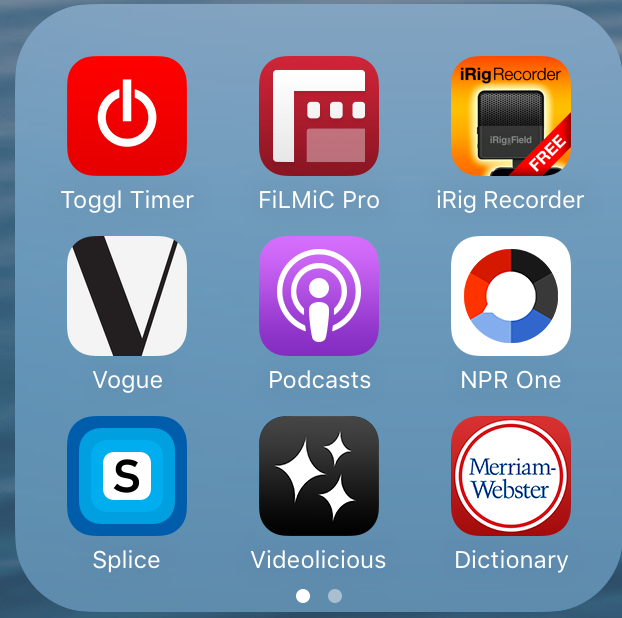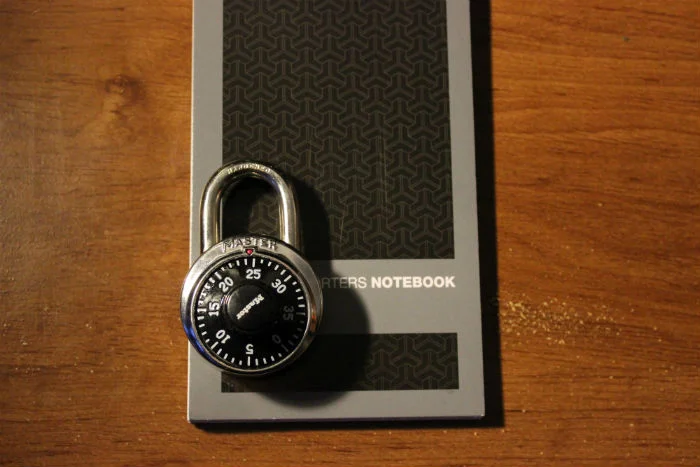Useful Google tools for journalists
Lately, I’ve been diving into investigative reporting projects. The one thing that is key to executing such endeavors is staying organized. So with that in mind, when a friend and former colleague of mine asked if I was interested in attending a Google News Lab training, I happily accepted.
Dan Petty of the Denver Post conducted the training, which was hosted by the Chicago Headline Club and the Investigative Reporters and Editors' Chicago chapter at DePaul University. He walked us through several topics advanced searches, image verification and usage, and pivot tables.
Google often works with news organizations in order to provide these trainings. For those who can’t make it to in-person sessions, there’s an assortment of courses for investigative reporting and data journalism. Here are some free lessons that may help you with your everyday fact-checking and next long-term reporting project:
Advanced search: Okay, this seems a bit basic for most Google users, but hear me out. Using simple search prompts like “site:[subject]” or “filetype:ppt” can cut down significantly on the search results when you’re on a tight deadline. Not familiar with how to use these? Take Google’s Advance Search course.
Google Scholar: Before you tackle a long-term project, you’ve got to read as much as you can. Not only will Google Scholar bring up the most relevant studies, but you’ll likely be able to find the contact information of the authors of the studies—likely the most knowledgeable source. This is also useful for finding court cases, though PACER and LexisNexis are more comprehensive in terms of all of the court documents.
Google Sheets: During our training session, we went over how to use Google Sheets to create pivot tables, which are used to narrow down big data sets and analyze the relationships between different points of data. If you’ve got a large pool of data to comb through, clean it up before merging and interpreting the data. Google’s News Lab doesn’t have a course on this, but here’s a support page that walks you through creating pivot tables.
Google Image search: We’ve all seen it before. News breaks and images begin to circulate that claim to document the event. But is it really accurate? Google News Lab has a course on verification. It’ll keep you from publishing grossly inaccurate photos, like the shark photos shared on social media following Hurricane Sandy.
What I Google tools do you use to stay organized? Leave a comment or email me at contact@thefreelancebeat.com.





